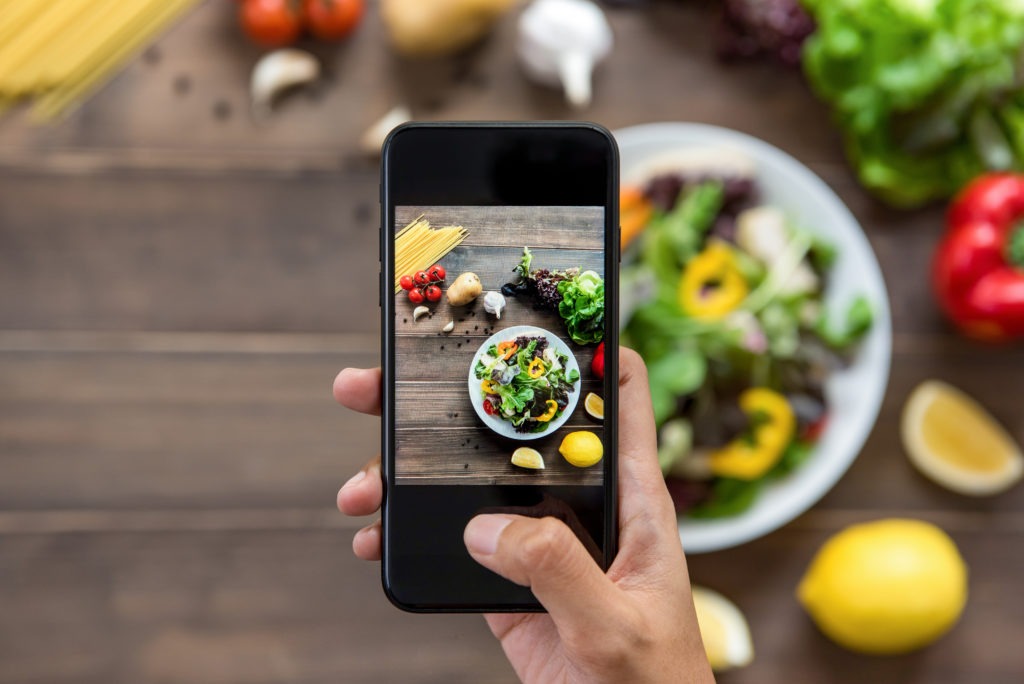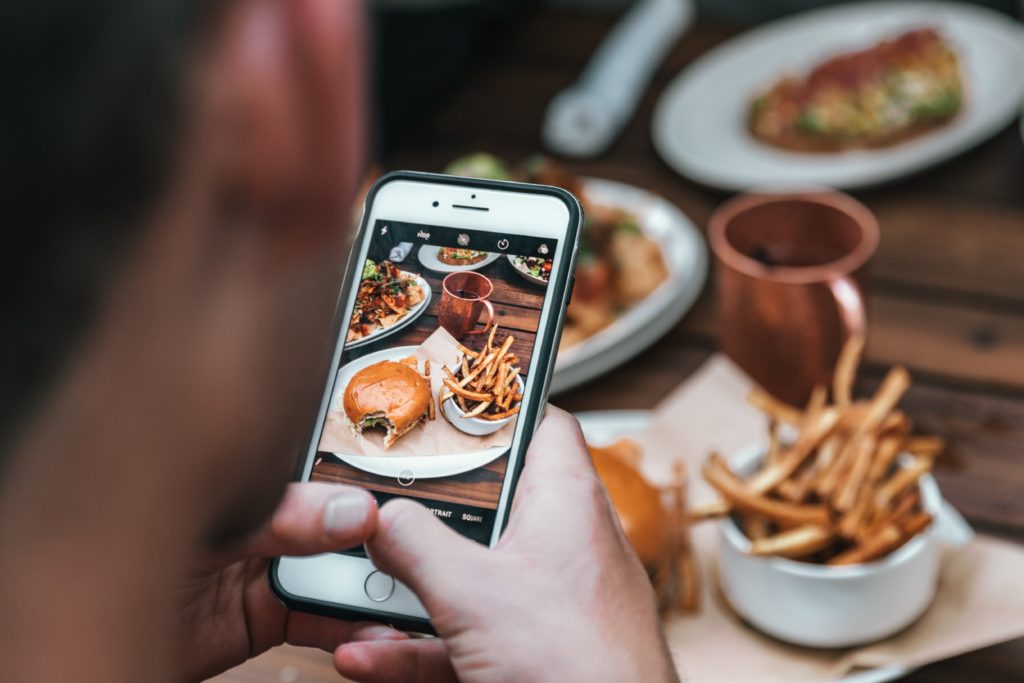Social media & nutrition: pros & pitfalls
A survey by Herbalife Nutrition has revealed that Asia Pacific consumers are turning to social media for nutrition information, but the prevalence of online myths is making it harder to for people to access the right advice.
The survey – which involved 5500 people from countries including Australia, Hong Kong, Indonesia, Japan, Korea, Malaysia, Singapore, Taiwan, Thailand and Vietnam – found that 68% of people use social media on a monthly basis to find information related to nutrition.
But the prevalence of nutrition misinformation and myths online is creating a major barrier that’s preventing consumers from gaining accurate nutrition knowledge. Less than a quarter of those surveyed scored passing marks in a general nutrition knowledge quiz, with only four in 10 expressing strong confidence in their personal nutrition knowledge.
Although social media was the most frequently used channel, people expressed the lowest levels of confidence in its credibility to provide accurate nutrition information. Only 30% expressed strong confidence in the accuracy of advice retrieved from social media, and less than half said that the information they got from social media was useful.

Friends with benefits?
Yet there can be some surprising nutritional upsides to social media. A study at Aston University, UK, found social media users eat more fruit and veg if they think their friends do.
The research found that study participants ate an extra fifth of a portion of fruit and vegies themselves for every portion they thought their social media friends ate. So, if they believed their friends ate “5 a day”, they were likely to eat an extra portion themselves.
On the flipside, Facebook users were found to consume an extra portion of unhealthy snacks and sugary drinks for every three portions they believed their online pals did. The finding suggests we eat around a third more junk food if we think our friends also indulge.

“This study suggests we may be influenced by our social peers more than we realise when choosing certain foods,” says researcher Lily Hawkins, who co-led the study. “We seem to be subconsciously accounting for how others behave when making our own food choices.”
The researchers say the findings provide the first evidence to suggest our online social circles could be implicitly influencing our eating habits, with important implications for using “nudge” techniques on social media to encourage healthy eating.
Dietitian Aisling Pigott says the promotion of positive health messages across social media, which are focused on promoting healthy choices and non-restrictive relationships with food, could nudge people into making positive decisions around the food they eat.
“We do have to be mindful of the importance of ‘nudging’ positive behaviours and not ‘shaming’ food choices on social media as a health intervention,” she says. “We know that generating guilt around food is not particularly helpful when it comes to lifestyle change.”









